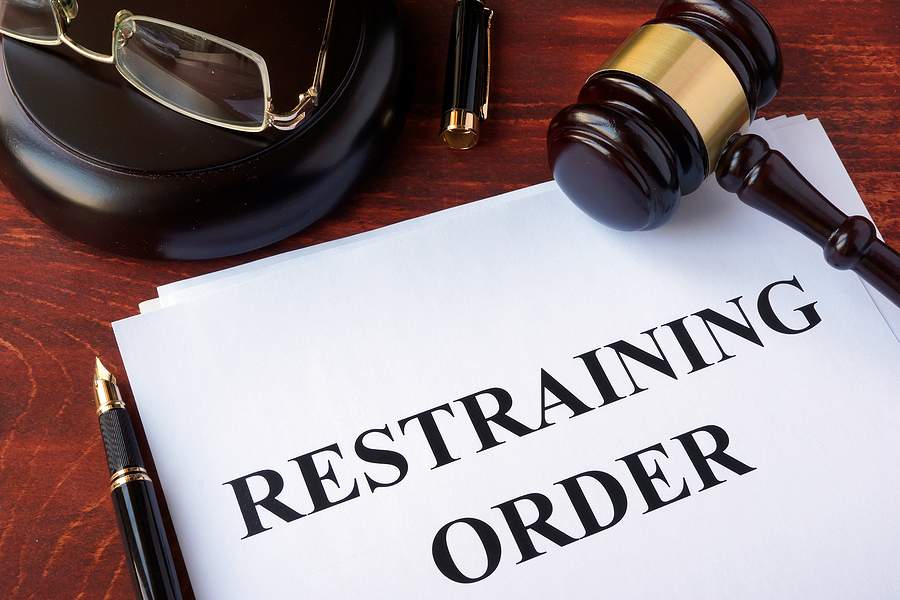Your safety is paramount when you are in a relationship with someone who is hurting you. That means you need to get to a safe place away from this person. If you do not have family or friends you can stay with temporarily, the South Carolina Coalition Against Domestic Violence and Sexual Assault recommends calling a national domestic abuse hotline for advice. You can reach an advocate 24 hours a day at 1-800-260-9293 to learn the location of the nearest shelter and other resources you need to protect yourself and your children from an abuser. Here you will learn about when and how to file a restraining order in South Carolina.
Filing a Restraining Order Should Be Your Next Step
After ensuring that you and your children are in a secure location, you have the legal right to obtain a restraining order to keep the abusive person away from you. A restraining order is a document filed through a South Carolina court that orders another person to have no contact with the person who requested it.
These are common in domestic violence situations, but they are also available for victims of stalking or harassment who have not suffered any physical abuse. In the case of domestic violence, the restraining order can even prevent the person whom you filed it against from living a certain distance from you or owning a firearm. The options in South Carolina include Orders of Protection, Restraining Orders, and Permanent Restraining Orders.
Orders of Protection
Anyone who has been the victim of stalking or harassment can file for Orders of Protection. However, the request and filing must take place in the county where the stalking or harassment occurred. Although South Carolina does not require the petitioner to have a specific relationship with the respondent, it is available to spouses, co-habitants, and people who share a child in common.
Temporary Restraining Order
A petitioner for a restraining order in South Carolina must be the victim of some type of abuse. The most common examples include bodily injury, assault, threats of physical harm, and criminal sexual conduct. The petitioner and respondent must have some type of relationship, including a current or former spouse, share a child in common, or former co-habitants.
Permanent Restraining Order
Abuse victims may request that the respondent remain away from them permanently if the state convicted the abusive party of a qualifying crime, such as domestic violence, sexual assault, or stalking. The person requesting the permanent restraining order must have suffered direct emotional, financial, or physical harm because of the crime.
How to File in South Carolina
Each type of restraining order requires petitioners to include specific types of information before the state will accept it. Normally, you would need to go to the local courthouse to request an order for protection and then have it notarized. However, most South Carolina counties have changed the procedure due to COVID-19. Family law attorney Sara A. Turner recommends scheduling a consultation to learn more about how to proceed with obtaining this important legal protection. You can also contact her law office at 843-277-2431 with additional questions.


Recent Comments